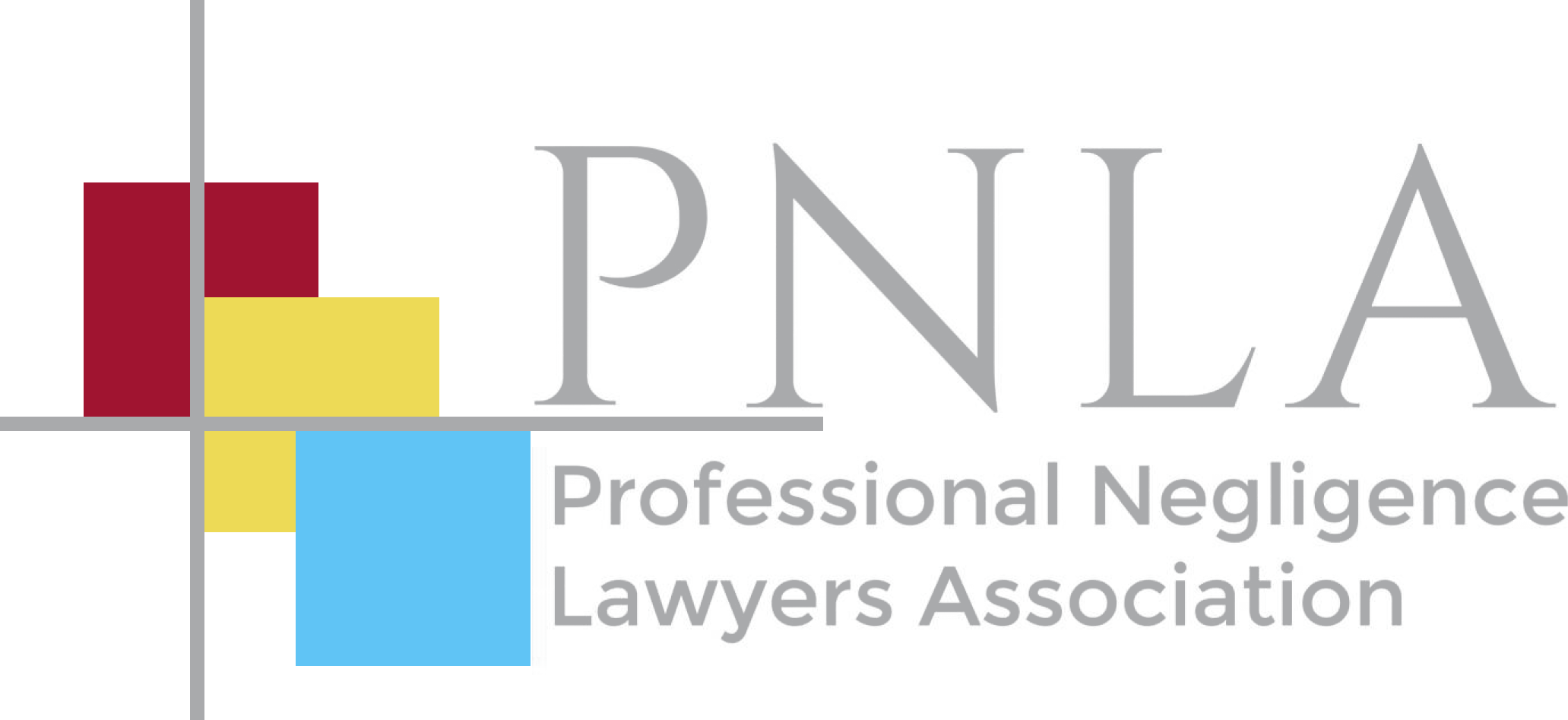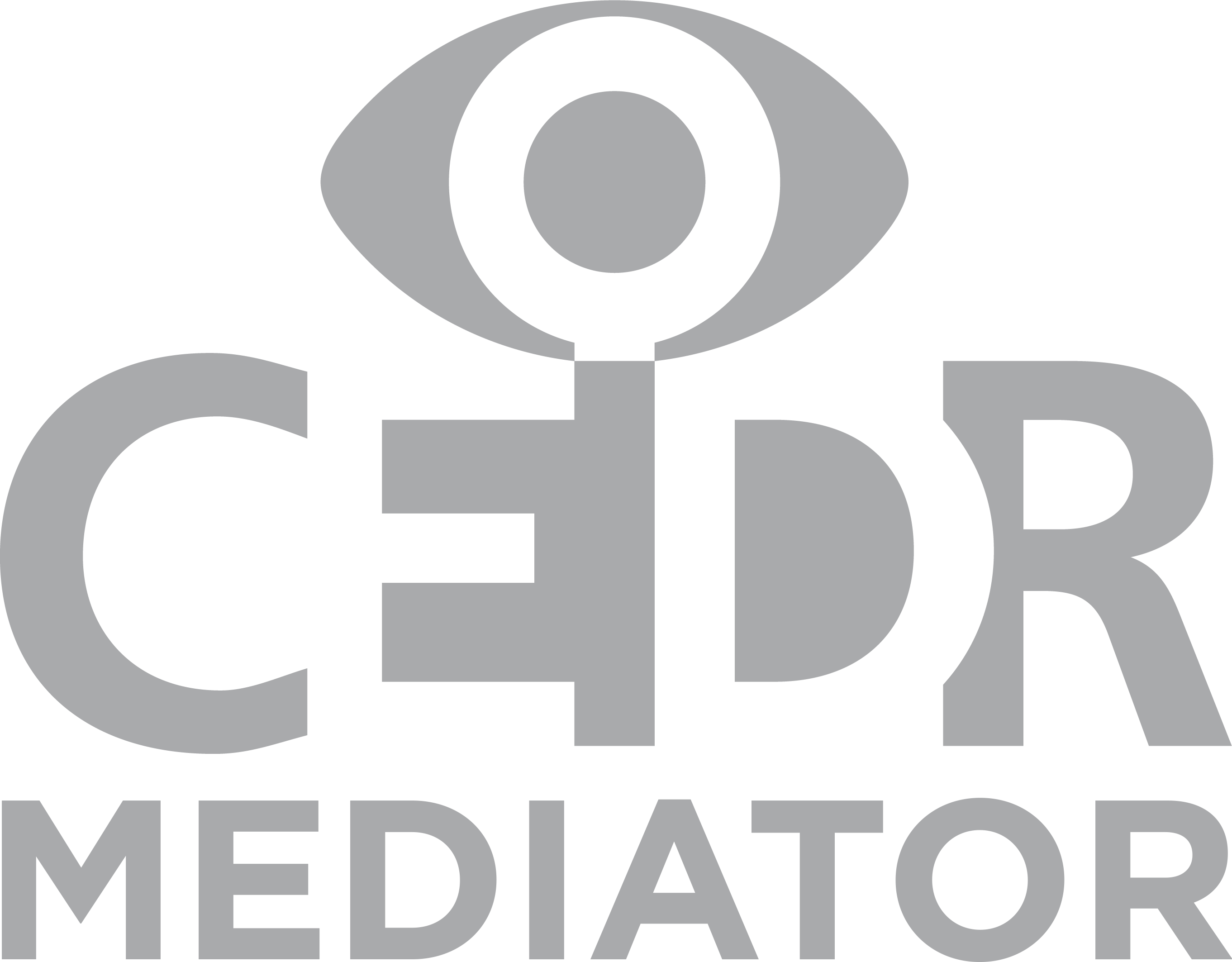The term ‘Intellectual property’ refers to things like inventions; literary and artistic work and designs. It is an intangible asset, but it can be very valuable. Intellectual property is owned and it can be bought and sold. It can also be “rented out” through the grant of a licence. It should be protected from infringement or copying. There are four main types.
Trademarks
A trade mark is how a business identifies its goods or services and distinguishes them from its competitors. To ensure proper protection of your trade marks, we can advise on registering a trade mark as well as carrying out preliminary searches and filing your trade mark application and seeing it through until registration.
Depending on the needs of your business, we can file a European Union Trade Mark application which is effective throughout the European Union, or file an Irish Trade Mark application which is effective in the Republic of Ireland. We can also file UK Trade Mark applications to cover the United Kingdom.
Copyright and Design
Copyright is the right given to the author or person who creates the work. The author is the property owner and has the exclusive right to prohibit or authorise others to use the copyrighted works for various purposes. Copyright covers literary or musical works, films and computer programmes (this is not an exhaustive list).
A design means the appearance of all or part of a product due to the colour, shape, texture or contours of that product. To be protected, a design must be of an aesthetic nature. A design can be registered to be protected. Normally the country in which the design is registered limits the protection to that country, however the Community Design (EU) is a notable exception and covers all of the European Union.
Patents
A patent is used to protect a new invention or new technical advances or processes. Patents are territorial, in that an Irish patent is only valid in Ireland for example.
As a patent is a form of intellectual property it can be assigned, transferred, licensed or used by the owner of the patent.
Know How
Know how is the exclusive and confidential information a business may possess or own, due to its experience and speciality in a particular area. It is important that a business protects this ‘know how’ for its best commercial advantage, to prevent or prohibit third parties from using it without authority and to your detriment. We can advise on such matters and organise to put appropriate Intellectual Property Protection Agreements, Non-Disclosure and Confidentiality Agreements in place for all relevant business contracts.




